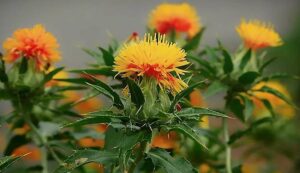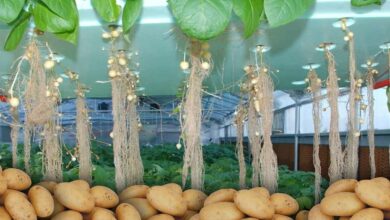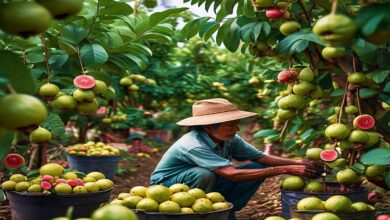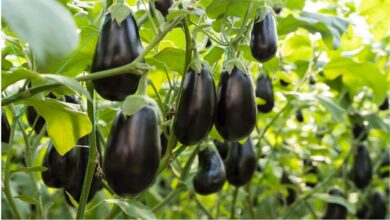Cultivation of Safflower: Farmers will become rich by cultivating this flower, know the method of cultivation
Cultivation of Safflower: The environment and agricultural land of Chhattisgarh are suitable for many types of crops, which can give more profit at low cost. Safflower is one of these crops. The farmers of the state can improve their economic condition to a great extent by adopting its improved variety. Raipur-based Indira Gandhi Agricultural University has developed an improved variety called IGKV Safflower. Apart from being disease resistant, the production capacity of this variety is also high, as it has been grown specifically for the climate of Chhattisgarh.

Ten kilograms of seeds per acre is sufficient
According to agricultural experts, IGKV Safflower can be grown with 10 kg of seeds per acre. Before sowing the seeds, they should be treated with organic treatments such as PSB, Azotobacter, JSB, KSB and Carbendazim 2.5 grams per kilogram of seed. This not only increases the germination of the seed but also maintains the initial growth of the crop.
For its cultivation, there should be a distance of 45 centimeters between the rows. Two irrigations are required. The first one takes place 25-30 days after sowing the seeds, while the second one takes place 60-65 days later. Timely watering leads to better quality flowers and seeds. Apart from this, 5 tons of cow dung manure, NPK and chemical fertilizers in the ratio of 90:40:30 should be used per hectare to maintain the fertility of the land and ensure that the crop gets all the necessary nutrients.
Take these measures before germination
750 ml of oxyfluorfen should be sprayed per hectare before germination, and 125 grams of metribuzin should be sprayed after germination. In this way weeds can be effectively controlled. Apart from this, weeding should be done as per requirement. Spraying 0.25 ml of imidacloprid or thiamethoxam per liter of water also reduces pest infestation. Apart from this, a mixture of mancozeb and carbendazim can be sprayed on the leaves to deal with fungal infections.
Benefits of Safflower Cultivation
Farmers benefit from the cultivation of safflower, also known as kardi, as it is an oilseed crop. Its seeds are used to extract oil, and its flowers are used to make linoleum, syrup, soap, paint, varnish and other products. Indira Gandhi Agricultural University in Raipur has cultivated this type of safflower, which is capable of fetching high prices in the market. Krishi Vigyan Kendras are also providing technical advice and training to farmers in this regard. If farmers use scientific methods, then they can become financially self-reliant from this safflower crop.





